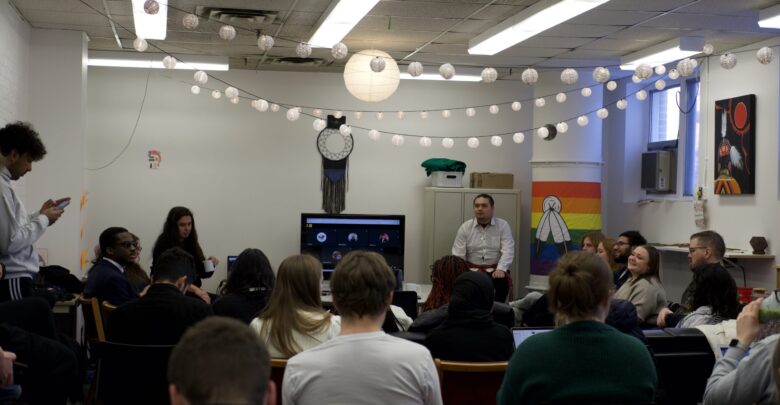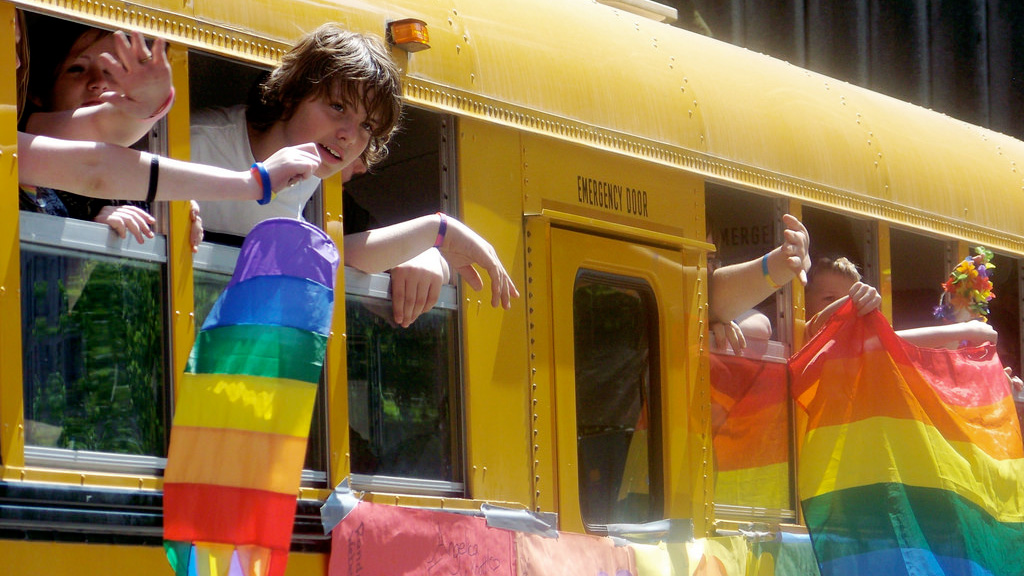 Macy Wong
Macy WongThe 2024 Indigenous Students’ Union (ISU) forum gave both vice-president (academic) (VPA) candidates the opportunity to discuss Indigenizing education, Students’ Union (SU) accountability, and the accessibility of academic supports for Indigenous students. While both took the concerns of Indigenous students to heart, they took different approaches towards solutions.
How Layla Alhussainy advocated for Indigenous students in her answers pleasantly surprised me — a stark contrast to her performance during the past three forums. I appreciated her insight on safe and reliable transportation, which is an important topic. But, I can’t help but feel that it was a topic better suited for the vice-president (external) candidates. Still, Alhussainy stepped-up her game in this forum, and maintained consistent connections to Indigenous students’ issues.
Alhussainy stressed the importance of accessibility and accountability, which are important aspects of her platform. Although she spoke about the issue of hybrid learning, I think that she would have benefitted from discussing a different point instead. Perhaps going more in-depth regarding Indigenizing education would have been more beneficial. While she did suggest implementing Native studies requirements across multiple faculties, more specific ideas would have made for a stronger argument.
Expanding the Zero-Textbook Cost (ZTC) program is also something that Alhussainy is passionate about. She urged faculties to look at Indigenous articles and writings in their curriculum — even if they are supplementary. This is a very valuable point that she brought to the table. Alhussainy’s willingness to implement this policy is shown through her passion to connect, collaborate, and seek guidance with the ISU regarding academic materials. This approach contrasts with Farah Elgaweesh’s proposal for Indigenous representation when it comes to receiving academic support.
That being said, Elgaweesh showed equal passion about Indigenous students’ issues. Like Alhussainy, she consulted with various Indigenous groups on campus and talked to students about their concerns. Elgaweesh said she intends to Indigenize course content, just like Alhussainy. However, her strategy is to consult with the university’s Academic Planning Committee, rather than requesting faculties to make the change. She demonstrated her willingness to work with people in leadership positions to ensure this is accomplished, such as working with the Vice-Provost (Equity, Diversity, and Inclusion), and the Indigenous Learning Committee.
What set Elgaweesh apart in the ISU forum was her acknowledgement of Indigenous culture. She realized more work needs to be done than just the implementation of Indigenous course content in curriculums. Elgaweesh said this could mean implementing academic deferral accommodations that recognize Indigenous traditions. I appreciate that she took cultural aspects into account when pushing for inclusivity. However, I hoped that she would have elaborated on how she intends to achieve these ideas.
Four forums into the campaign, and it is evident that both candidates have interesting proposals for Indigenous students. Alhussainy’s performance improved immensely at this forum, and I hope that she maintains this momentum at the next one. Meanwhile, Elgaweesh has continued to demonstrate her deep understanding of the various backgrounds of students. Both candidates are promising, and this race is looking tighter than I had initially anticipated.




